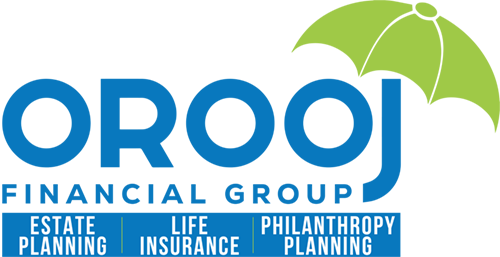Estate Planning in Canada: A Stress-Free Guide
Estate Planning in Canada ensures your money, property, and belongings go to the right people—without confusion or delays. At Orooj Financial in Oakville, we make Estate Planning in Canada simple and clear. Let’s break down how to protect your legacy.
Why Estate Planning in Canada Matters
Without a plan, Canadian laws decide who gets your assets. This can lead to family stress, tax headaches, or long legal processes. But with Estate Planning in Canada, you take charge. Here’s why it’s key:
- Avoid probate delays and keep your family’s future secure.
- Lower taxes so more of your wealth stays with loved ones.
- Choose who inherits your home, savings, or special items.
5 Simple Steps for Estate Planning in Canada
1. List What You Own
Start by writing down everything: your home, car, bank accounts, and even sentimental items like jewelry. This helps organize your Estate Planning in Canada.
2. Name Your Beneficiaries
Next, decide who gets what. For example, leave savings to a spouse or donate to charity. Remember: Beneficiaries on life insurance or retirement accounts (like RRSPs) override your will—update them regularly!
3. Cut Down on Taxes
Taxes can shrink your estate’s value. With smart Estate Planning in Canada, you can:
- Gift money tax-free while you’re alive.
- Use Tax-Free Savings Accounts (TFSAs).
- Set up trusts for kids or grandkids.
For tax rules, visit the Canada Revenue Agency (CRA).
4. Write a Will
A will is the heart of Estate Planning in Canada. It lets you:
- Pick guardians for children or pets.
- Choose an executor to manage your estate.
- Avoid Ontario’s default inheritance laws.
Learn more from the Ontario government.
5. Plan for the Unexpected
What if you can’t make decisions due to illness? A Power of Attorney (POA) lets someone you trust handle your money or health care. Create both a financial POA and a healthcare POA. For legal help, visit the Law Society of Ontario.
How Orooj Financial Simplifies Estate Planning in Canada
We’re your Oakville experts, and here’s how we help:
- Easy Explanations: No confusing jargon—just clear advice.
- Tax Savings: We find ways to keep more money in your family’s hands.
- Free Updates: Life changes? We’ll adjust your plan yearly.
FAQs About Estate Planning in Canada
Q: Is this only for wealthy people?
A: No! Estate Planning in Canada matters for everyone, big or small estates.
Q: How much does it cost?
A: Costs vary, but starting early saves money and stress.
Q: Can I do it alone?
A: Yes, but experts like us ensure no steps are missed.
Start Estate Planning in Canada Today
Don’t wait—life is full of surprises. Contact Orooj Financial for friendly, no-pressure help. Let’s protect your family’s future together!




